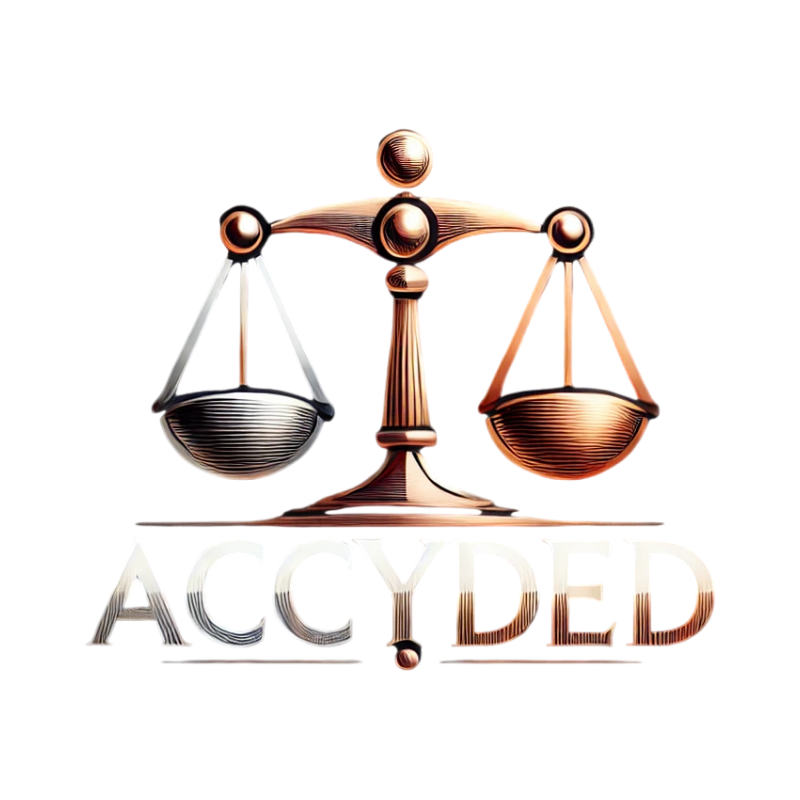In recent years it has become increasingly evident how judges in Spain have been elevated to an almost divine position. They are the ones who determine what is right and what is wrong, often acting contralegem. This practice, far from reinforcing confidence in justice, generates deep insecurity: when those who should be the guardians of the law deviate from it, citizens are left disoriented, uncertain whether complying with the law is truly the right path, or whether it is more advantageous to operate outside it.There are shameful examples that call into question the credibility of the system. Court rulings have been issued that defy all logic, going so far as to suggest that 1+1 can equal 3. In some cases, a judge has even suppressed evidence that could have supported the claimant, solely to absolve the defendant of all responsibility.
Such actions not only violate fundamental rights, but also degrade the very essence of the rule of law. It is therefore legitimate to speak of a genuine twilight of the robed gods.
Not long ago, GRECO (the Group of States against Corruption of the Council of Europe) warned in its June 2025 compliance report that Spain is seriously failing to implement the majority of recommendations issued since 2019 in the fight against corruption. According to the report, of the 19 recommendations addressed to central government officials and the country’s law enforcement agencies, sixteen have only been partially implemented and three remain practically unaddressed. GRECO highlights the absence of decisive measures and tangible results in key areas such as conflict-of-interest prevention, regulation of political advisors, revolving doors, government transparency, or the strengthening of the Office of Conflicts of Interest.
Measures necessary to restore the rule of law
Rebuilding the rule of law in Spain requires deep, sustained and verifiable reforms. Among the most urgent are the following:
- Eliminate legal immunities (priviledges), which today function as unjustified privileges and are incompatible with the principle of equality before the law.
- Investigate the existence of funds in tax havens held by those who concentrate the greatest shares of power, to prevent the perpetuation of political and economic impunity.
- Ensure that members of the judiciary hold their colleagues accountable when necessary. This will undoubtedly be the most difficult task, as it implies breaking with a corporate culture of mutual protection.
- Guarantee compliance with the principle of legal certainty enshrined in the Constitution, ensuring that the application of the law is predictable, coherent and stable.
- Safeguard genuine independence of the judiciary. It is essential to reduce political interference in the appointment of judges and magistrates, ensuring that judicial governance responds to merit, career and impartiality, rather than partisan agreements.
- Strengthen mechanisms of accountability and oversight. Transparent audits, periodic performance evaluations and effective sanctions are indispensable for those who abuse their position.
- Reinforce continuous legal and ethical training for judges. Legitimacy requires not only technical knowledge but also ongoing preparation in democratic principles, human rights and institutional responsibility.
- Set binding deadlines and legal criteria for the implementation of international recommendations. Commitments are not enough; there must be legal consequences for repeated non-compliance.
- Guarantee sufficient resources and real autonomy for supervisory bodies. The Office of Conflicts of Interest, transparency agencies and anti-corruption bodies must have their own budgets, functional independence and real sanctioning powers.
- Strictly regulate the role of advisors and lobbying. With public registers, mandatory declarations of interests, and clear penalties for non-compliance.
- Establish effective whistleblower protection mechanisms. Secure, confidential and retaliation-free channels must be guaranteed for those who report corruption or abuses of power.
- Introduce independent institutional integrity assessments. External and periodic audits with the participation of civil society and international bodies, evaluating not only formal compliance but also real impact.
- Ensure real transparency and prompt access to public information. Documents, agendas, asset declarations and activities of high officials must be accessible without undue delays or bureaucratic obstacles.
- Promote an institutional culture of ethical responsibility. Continuous training must be accompanied by exemplary sanctions for those who betray public trust.
Only through the joint application of these measures, accompanied by genuine political will and effective oversight mechanisms, will it be possible to reverse the twilight in which judicial and political “gods” have ceased to be symbols of justice and have instead become sources of distrust.
Society cannot resign itself to passively watching how those who should be the guardians of the law place themselves above it. The prestige of justice is built on coherence, independence and accountability; without these, what remains is merely the shadow of that twilight, where judges and rulers, far from serving the public, confirm the urgent need for profound reform.





